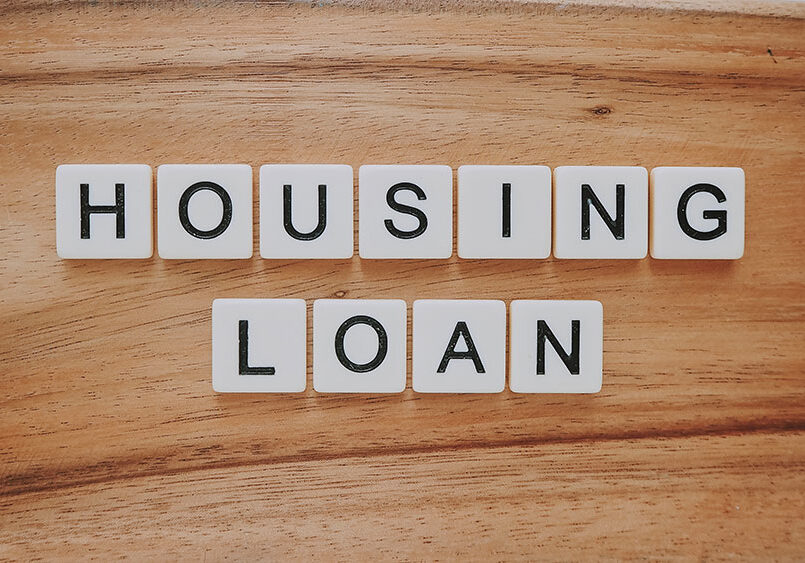If You Can Pay Cash, Why Take a Mortgage?
The short answer is “opportunity cost.” Here’s a real story on a home purchase that just recently closed. I got a call from a financial advisor whose high-net-worth client’s daughter was about to buy her first home in the $250,000 price range. The daughter, let’s call her Grace (not her real name), already had enough of her own assets from an inheritance to buy the house for cash, even though she had just graduated from college a few years ago.

The financial advisor suggested that rather than paying cash for the home, perhaps the daughter should obtain a mortgage and keep more of her investment portfolio working for her since it had been growing for several years at an average rate of return in the 6% to 7% range. In fact, the advisor suggested, funds could be withdrawn out of the investment portfolio on a monthly basis to assist the daughter with her mortgage payments if necessary.
The dad thought that was a reasonable idea, so I presented some detailed scenarios via a GoToMeeting® session where the dad and daughter could both view my computer screen as we went over the various loan amount, rate, and closing cost options. We zeroed in on a 15-year fixed-rate loan in the 3.25% to 3.5% range. Accunet provided a Rock-Solid Guaranteed Pre-approval to Grace, and within a few months, she successfully negotiated an offer to buy a home for $250,000. The question then was whether or not she should make a $100,000 or $150,000 down payment.
Amazing math – The difference in the monthly principal and interest payment on the $150,000 vs. $100,000 mortgage at 3.375% on a 15-year fixed is $354.38. I pointed out that if Grace or her dad were at all concerned about making the higher monthly payment on the $150,000 loan, they should consider this – if her investment advisor put the spare $50,000 that she would hold back into an FDIC-insured bank account yielding 0%, Grace could withdraw the $354.38 per month from the bank account and make the principal and interest payment on the additional $50,000 loan balance for 11 years and 9 months of the 15-year fixed rate loan! Armed with those additional facts, Grace decided to go with the $150,000 mortgage.
The other amazing bit of math is that the interest portion of her monthly payment on the $150,000 loan at 3.375% is only $422 a month ($641 goes toward principal), and the interest cost actually goes down by about $2 per month as the blend of interest and principal changes with each payment. Her interest for the first year will be $4,942, so if her investment advisor can actually earn 4% on the total $150,000 she held back (vs. paying all cash), the investment income of $6,000 would more than cover all of her mortgage interest expense, plus she still has access to the $150,000.
Some people can’t sleep well unless they have their mortgage paid off in full. But if you can borrow money at 3.375% and invest it with reasonable confidence at a return of 3.5% or higher, that’s exactly what banks do.
Maybe you want to consider managing your balance sheet like a bank.
If you’d like to work with mortgage professionals who take an educational, consultative approach to helping you fit your mortgage into your overall financial plan, please give me a call at 262-252- 5102, and I’ll get you connected with one of our licensed, savvy loan consultants.
[elementor-template id=”10109″]
Want the Lowest Rate on Your Home Loan?
Let's Get Started!
You Might Also Like
Aenean sollicitudin egestas elit vel mattis. Proin non lorem arcu. Sed ornare venenatis sapien id iaculis. Etiam ultricies interdum commodo. Aliquam erat volutpat.


